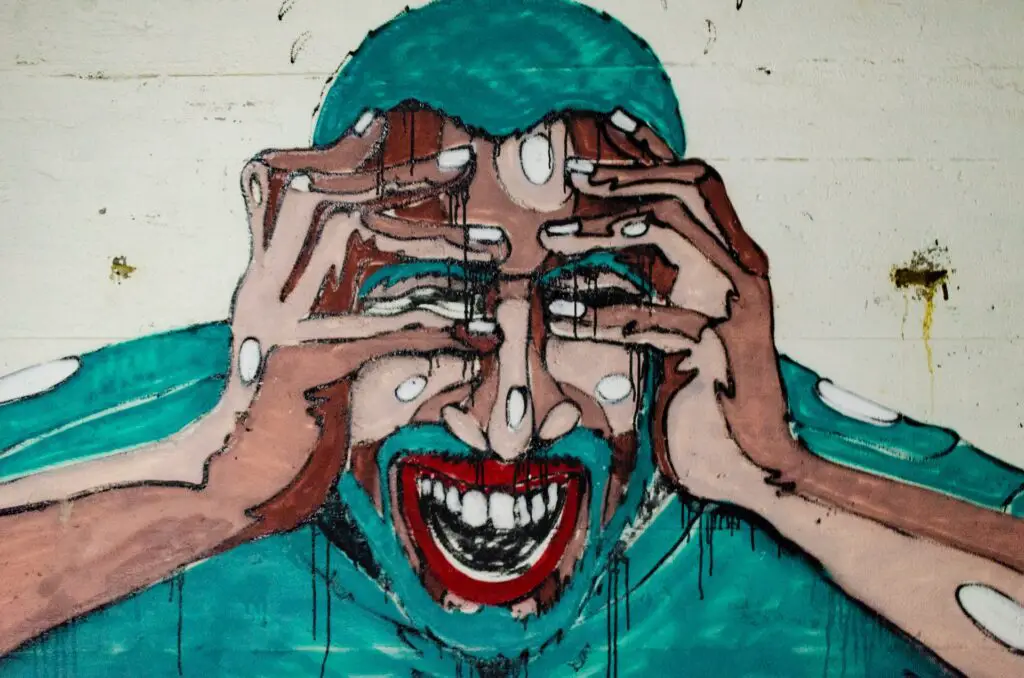Trauma is a deep emotional and psychological wound caused by an extremely stressful or distressing event. It can have long-lasting effects on one’s mental, emotional, and physical wellbeing. Trauma is often caused by shocking or dangerous events such as war, natural disasters, violence, or abuse. The experience of trauma can leave a person feeling overwhelmed, alone, and powerless to cope with the situation.
Trauma can cause people to feel disconnected from others and unable to trust them or form meaningful relationships. Symptoms of trauma can include flashbacks, nightmares, anxiety, depression, guilt, avoidance of people and situations that remind them of the trauma, isolation from family and friends, difficulty concentrating or finding joy in life activities.
The good news is that it is possible to heal from traumatic experiences. There are numerous treatments available for those affected by trauma including talk therapy (such as cognitive behavioral therapy), group therapy with other survivors of similar experiences, medication for symptoms associated with PTSD (post-traumatic stress disorder) such as depression and anxiety. Support groups and counseling can also provide invaluable tools for healing including establishing coping skills for difficult feelings and situations.
What is PTSD?
Post-traumatic stress disorder (PTSD) is a mental health condition that can develop after a person has experienced or witnessed a traumatic event. Those suffering from the disorder may experience symptoms such as flashbacks, nightmares, difficulty sleeping, heightened reactions to noise or other triggers, feeling emotionally numb, avoiding places or people that remind the person of their trauma, difficulty concentrating, being easily startled, chest pain, dizziness, and fatigue.
While PTSD can be disruptive to daily life and affect relationships with family and friends, proper treatment and support can help manage symptoms and lead to a fulfilling life. Seeking professional help from mental health professionals is essential in order to create an effective treatment plan tailored to the individual’s needs.
How Emotional Trauma Can Lead to Physical Pain
It has been found that emotional trauma can manifest in physical pain. When a person experiences a traumatic event, their body naturally responds with the “fight or flight” response—causing the body to go into a state of heightened alertness and stress. This state of constant heightened arousal eventually wears down the body and leads to exhaustion, which can cause physical pain such as headaches, muscle tension, backaches, and stomach cramps.
In some cases, this physical pain may linger long after the trauma has passed due to unresolved emotions or feelings that were left unprocessed during the traumatic event. In addition, those who have experienced trauma may also suffer from chronic stress which can weaken the immune system and lead to further physical ailments such as digestive problems, high blood pressure, and chronic fatigue. It is important for those affected by emotional trauma to seek professional help in order to process their emotions and manage any resulting physical symptoms so that they can find healing from the experience.
Discover Strategies to Overcome Emotional Trauma
Emotional trauma can be difficult to overcome, but it is possible to find healing. One of the most important steps in dealing with emotional trauma is to seek professional help from a qualified mental health specialist. A therapist can assist in supporting, validating, and understanding the emotions that arise from traumatic experiences, as well as helping individuals to identify strategies for managing these emotions.
In addition to therapy, there are various techniques that individuals can use to self-manage their emotions. These include relaxation techniques such as deep breathing and mindfulness meditation, creative outlets such as art or journaling, and physical activity such as yoga or running. Establishing a regular routine and engaging in self-care activities like getting enough sleep and eating healthy meals can also aid in the healing process. Finally, connecting with supportive friends and family members can provide a sense of connection and comfort during the journey of finding emotional healing.
Strategies to Overcome PTSD: Effective Treatments and Self-Care Tips
Fortunately, there are ways to cope with PTSD. Treatment typically involves therapy and/or medication. Cognitive Behavioral Therapy (CBT) is an effective type of therapy which focuses on teaching patients skills to help manage their emotions and behavior in order to reduce the symptoms of PTSD. Medications such as anti-depressants can also be prescribed to help alleviate the symptoms of PTSD.
In addition to medical care, individuals can take steps to help lessen the effects of PTSD on their own. This includes engaging in activities that promote relaxation like yoga or mindfulness meditation, connecting with supportive friends or family members, journaling, engaging in creative activities like painting or drawing, practicing deep breathing exercises and getting enough sleep – all of which can help reduce stress levels associated with post-traumatic stress disorder.
How to Reduce Physical Pain
Engaging in activities like yoga or mindfulness meditation, connecting with supportive friends or family members, journaling, engaging in creative activities like painting or drawing, practicing deep breathing exercises and getting enough sleep are some useful strategies for dealing with physical pain related to emotional trauma. Finding a mix of therapeutic techniques and self-care approaches that work for an individual is often the most effective way to manage physical pain caused by emotional trauma.
Final thought
Ultimately every person has their own unique journey in dealing with trauma; yet having resources available to help manage the physical and emotional pain that accompany traumatic experiences can make all the difference in allowing those affected to find hope in the face of trauma and lead a fulfilling life once again.








